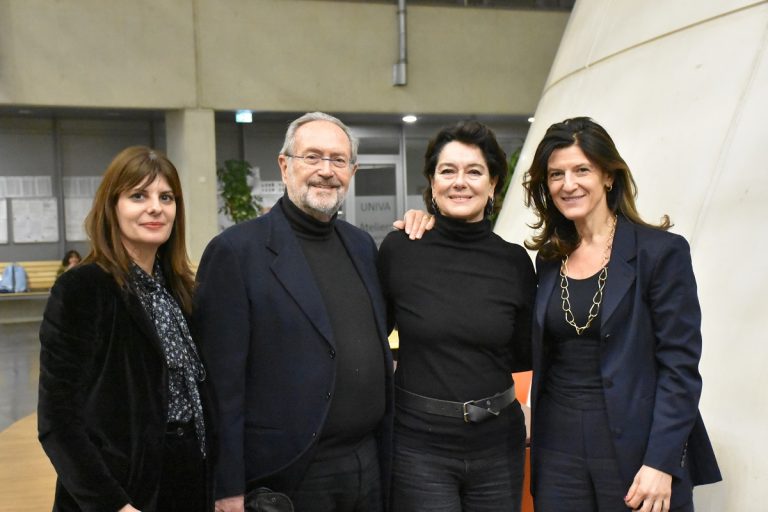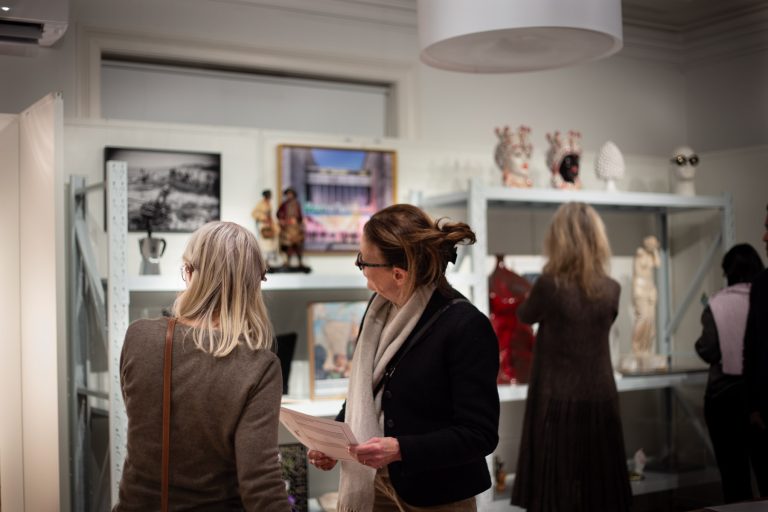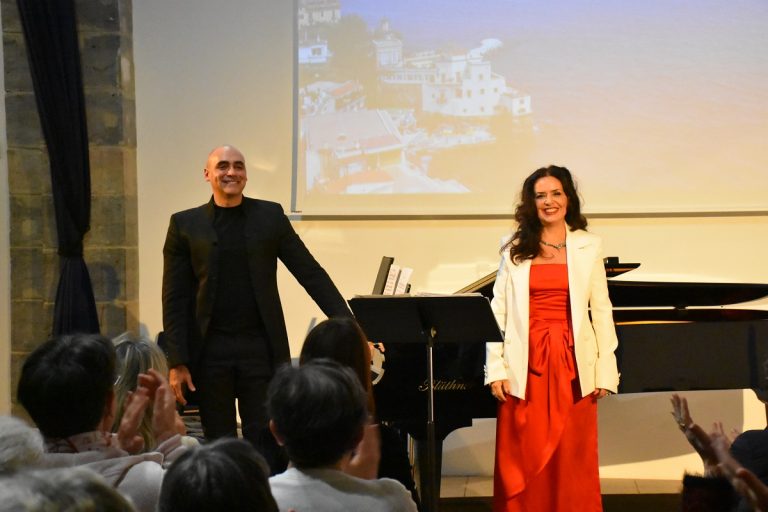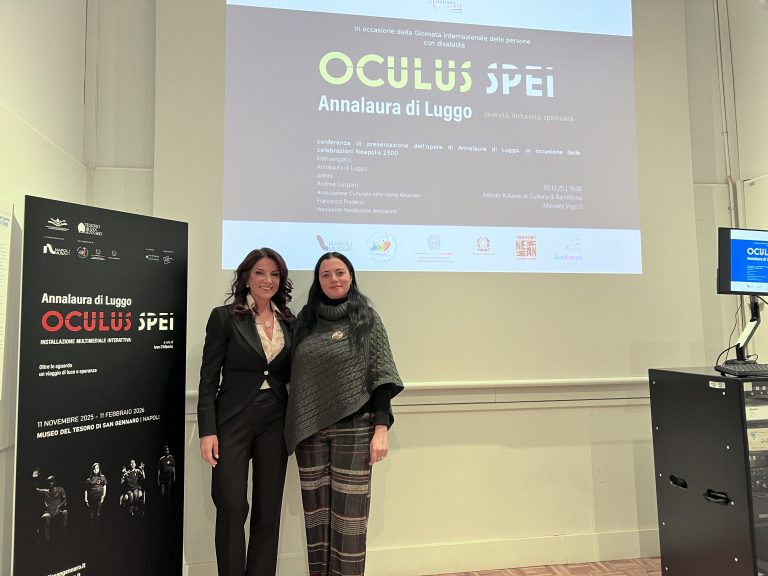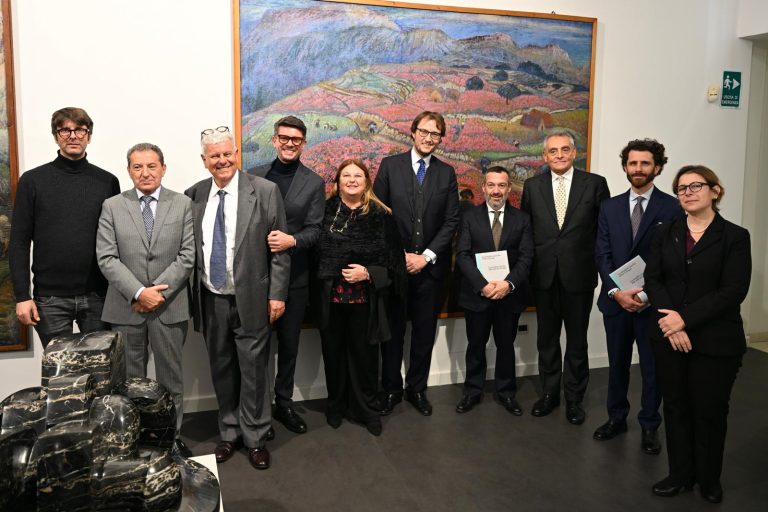In this bicentennial year of the Greek revolution, the Italian Embassy in Athens wanted to celebrate the significant anniversary – in memory of the great movement of ideals and freedom on which Greek independence is based and which was so important for the history of the rest of the European continent as well – with the publication of the book “Il sostegno degli italiani alla Rivoluzione greca. 1821-1832: prove generali del Risorgimento“ (The Support of the Italian People for the Greek Revolution. 1821-1832: dress rehearsal for the Italian Resurgence), published by ETPbooks of Athens.
The volume was presented on December 6 at the Italian Embassy in Athens by the Ambassador, Patrizia Falcinelli, during a small reception at which the Minister of Culture of the Greek Republic, Lina Mendoni, was the guest of honor, with other important personalities of the Greek institutional and cultural world. The public presentation will take place on December 16 at the Parnassos Literary Club of Athens.
After the welcoming addresses of Ambassador Falcinelli and Minister Mendoni, and a brief introduction by the editor, Enzo Terzi, the publication was presented by Gerasimos Pagratis, Director of the Department of Italian Studies of the National Capodistrian University of Athens, and by Marco Galdi, President of the Italian Philo-Hellenic Society.
The book – of a scientific character and produced with the collaboration of several of the most important Italian and Greek historians, expert in that period – is the first systematic attempt to illustrate the history of the many Italians who, during those years, participated in the “Greek struggles”, and investigates the various aspects of the support provided by Italy (even prior to the creation of a unified Italian nation) to the birth of this country, and the profound bonds existing between the philo-Hellenic and the Italian resurgence movement. In fact, in her remarks, Ambassador Falcinelli, made a point of stressing how the fight for Greek independence and the Italian Risorgimento were parallel processes, marked by intense interaction: “Philo-Hellenism acquired, in Italy, the power of a full-fledged ideological movement: Greece – she said – became a source of inspiration and a model to imitate, while the sentiments of brotherhood with the Greek rebels made the Italians more aware than ever of their own dreams of freedom, independence and national unification”.
“The studies included in this volume – observed Minister Mendoni – show that Italy stood alongside Greece in the battle waged after centuries of slavery and submission to an oppressor of a different religion, demanding the restoration of its historic and moral character, in addition to its political freedom It was a liberation to which the western world, with its foundations based in Greek culture, felt the moral obligation to contribute. It is extremely interesting to note, also, that in the case of Italy, the philo-Hellenic movement was spontaneous and original, not coordinated by any formal body, and lacking any political purpose or any other scope than those ideals. Perhaps it was just for that reason that the Greek revolution, with its romantic overtones, became such an inspiration and model for the Italian Risorgimento, for the battle for the unification of the Italian nation: a still-neglected aspect of our history”.
At the end of the presentation, the Director of the Museum of Philo-Hellenism of Athens, Costantinos Veletzas, presented a commemorative medal to Ambassador Falcinelli, depicting the most famous of the Italian philo-Hellenists, Santorre di Santarosa.


